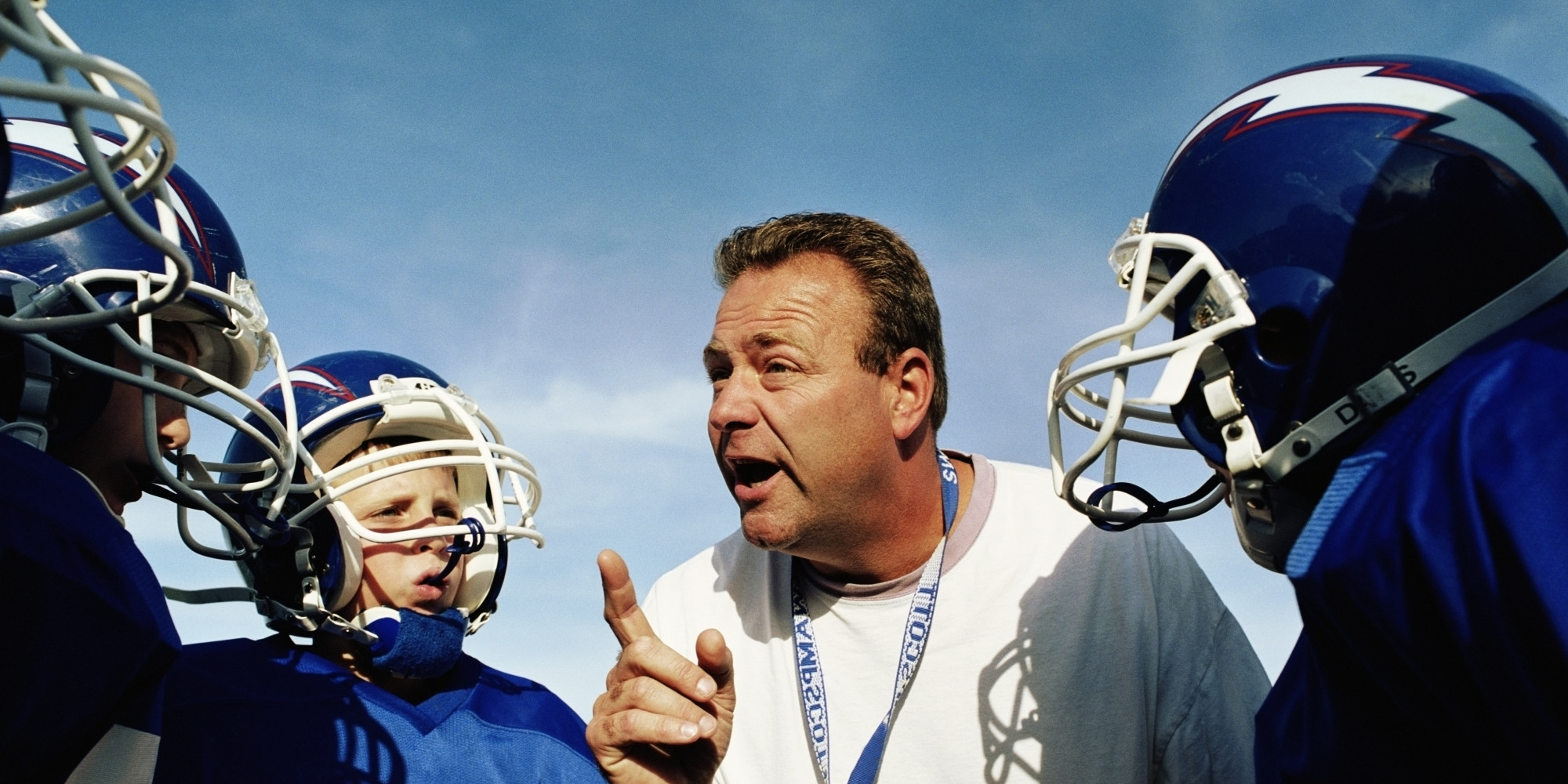
I am a sports fan. I like to watch Football and Basketball mostly. I am enjoying that my son is now at the age where he is participating in sports and competitions. He plays baseball and takes part in a Bible quiz team that competes once a month testing their Biblical knowledge.
As a coach, your leadership is on display for everyone to see – good or bad. It seems to be much different than other forms of leadership because it is open to criticism in ways that we don’t see in the business or non-profit sectors. Decisions for a coach have to happen in a split second…and failure and success happens just as quickly.
As I’ve been watching my son compete, I’ve been analyzing the coaches and there have been some things that I’ve noticed that make some coaches good and some ineffective.
But, regardless of whether the team wins or loses, there are some ways that the coach can fail…often without even knowing they’re doing it.
- Make winning the only thing that’s important. When a coach makes winning the only thing that’s important, he/she misses the fact that sports and competition are about growing as individuals, getting better, and becoming more cohesive as a team. Focusing solely on winning ignores the greater purpose of teams and causes the members of the team to find their worth in a W or an L.
- Make winning unimportant. Although I don’t feel that a coach should ONLY focus on winning as an indicator of team success, I also have seen the other side of the spectrum…which isn’t healthy either. And, that’s not focusing on winning at all. Winning is important. A team that doesn’t consider winning important will lack vision for why they’re competing and will eventually lose momentum and focus. The members of a team who don’t care if they win or lose won’t compete at a level that will help them grow, learn, and and be stretched to go beyond their comfort zones.
- Let your past failures impact the way you coach. As coaches, we have more than likely been players at one point ourselves. And, if we coach to or against the failures that we experienced as a player, then we immediately handicap our team. The players on the team (whether they are your children or not) are not you – they are them…and that’s different from you. The same is true about your successes. The successes you’ve experienced are necessarily going to be the same as those experienced by the team you’re coaching.
- Miss opportunities to award effort and progress. Coaches (and parents, too!) tend to be really good at point out what someone has done wrong. We correct players really well. What we don’t do so well is recognize the effort and progress in our players. Especially those that are progressing slowly or those that aren’t the star players. A great coach will focus on each player individually and find a way after each game to pull out something positive – in their effort or progress – and reward them.
- Think that you’re coaching at a level higher than the one you’re actually coaching. This is when a coach of a 5 year old baseball team is coaching the players as if he’s coaching high school or college students. Or the big game for a freshman football team becomes the Superbowl in it’s intensity and preparation. The best coaches will find their sweet spot with the level and age they’re coaching and discover what works for those players and allow that to dictate things like style, communication, and technique.
I think that these lessons are certainly applicable to leadership in general. Feel free to share this list with coaches that you interact with! Comment below and let me know what I missed or how you’ve seen one of these play out in your life.
